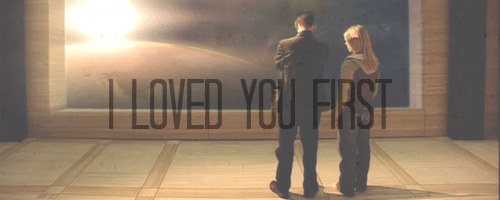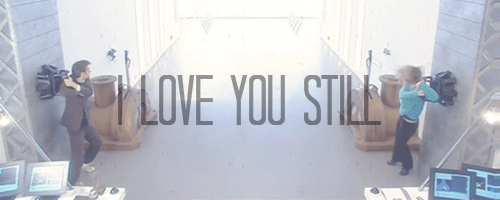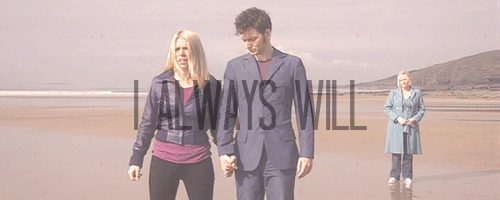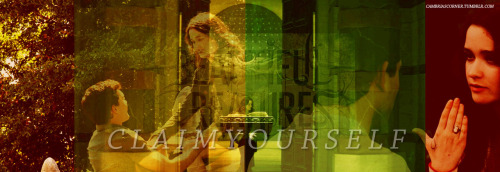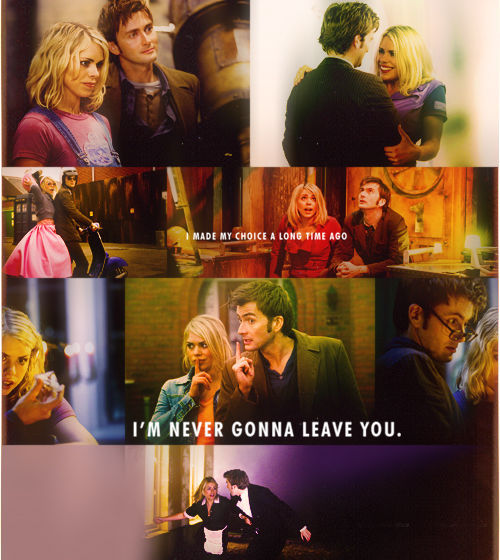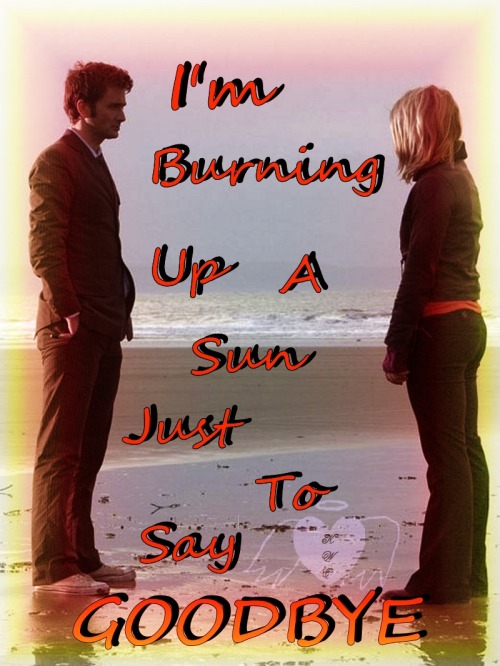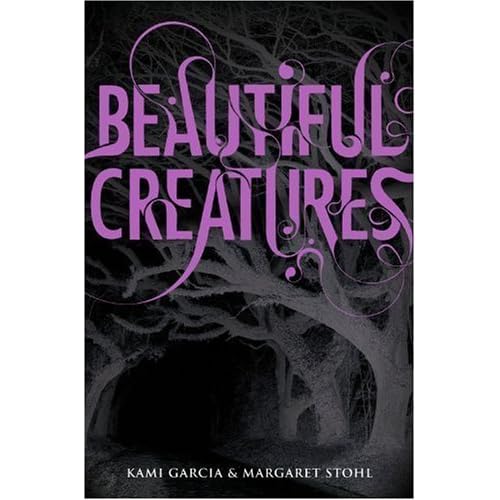Today, I was rereading
Beautiful Chaos, by the same authors of
Beautiful Creatures.
Anyway, I was rereading of my favorite parts of the book--a fight between two of the characters, Lena and Liv. Let me give you some background so you can get why the fight is good (SPOILERS from Beautiful Darkness. Don't read the rest if you don't want to know!):
Basically, in the previous book, Lena thought that she was turning evil. She thought she had killed her uncle, and was feeling guilty.(Long story) Anyway, because of the lie she believed about herself, she started treating her boyfriend, Ethan, like crap. She ran off with another dude and her antihero cousin Ridley. (I know Lena sounds like a bad character, but trust me when I say she was going through a hard time!) Ethan, who is worried about her, chases after her with a smart girl named Liv and his best friend, Link. Anyway, in the book, Ethan, Liv, and Lena are at a party; Lena and Ethan now back together and Liv is trying to get over Ethan, who she fell in love with during the previous book. During the party, Ridley casts a spell to bring out the anger in everyone and that is when the fight happens.
Here is what makes their fight good:
- Before the big fight scene, they are polite to each other on the surface, especially in front of Ethan. The words are polite, but even Ethan can tell that they want to rip each other to pieces. They say stuff like "How are you?" "Good." But by their nonverbal actions, you can tell they hate each other.
- Both of the characters are right. Both Lena and Liv have good points. Yes, Lena was awful to Ethan, which is Liv's point. But Lena's point was also right because she thought that she was turning evil. Her actions, though not good, were justified. In other words, in a fight, try and make both characters right. It will make the reader root for both of them, not just one. That will keep your readers united, and not saying stuff like "Well, I'm team Lena" or "I'm team Liv" when they fight.
You could also, during a fight, have both characters be wrong, or be both right and wrong. Just know who you want the reader to cheer for. That said, make sure both have good arguments, don't make one person sound stupid to further the "right" person's cause.
- When the fight happens, Lena and Liv don't hold anything in. They tell each other exactly what they think of each other. And their insecurities show up. Stuff like:
Liv: You treated Ethan like crap. And did I mention you're self-centered and a really powerful Caster*?
Lena: I thought I was turning evil! And you're smarter and blonder than me, and have a British accent! And you stole the affections of my uncle! You take everything that is mine!
(Summarized, not the real dialogue.)
Yes, I know you aren't always supposed to have people say what they think, but people tend to forget about, or not care about, politeness during a fight.
*Casters are a race of humans with superpowers. Like witches, but with a twist. Lena is capable of controlling the weather.
- They use every weapon they can. The fight turns physical and Lena even uses her weather powers, making it rain. And Liv might not have powers, but she still tries to fight back as hard as she can, trying to hit Lena and kick mud at her.
- The authors included good dialogue. Example:
Lena: You really think this is a spell?
Liv: No, I think we always fight like dogs at parties.
Lena: There you go with being smart again.
(Summery, not the real quotes.)
- The fight has a good ending. Lena and Liv end up calling a truce and Liv finds love with someone new. Lena even gives a dance ticket to Liv so that Liv and her new love can go to a school dance. (In a twist of irony, she falls for the boy Lena ran away with. Go Liv/John! :D) Note that the "good ending" doesn't always have to equal "happy" if you want to have a sad twist.
In case you can't tell, I like studying books I love in order to figure out how to improve my own writing. In fact, I plan on doing several more post on what this series has taught me about writing, including how to write a good climax. :)
